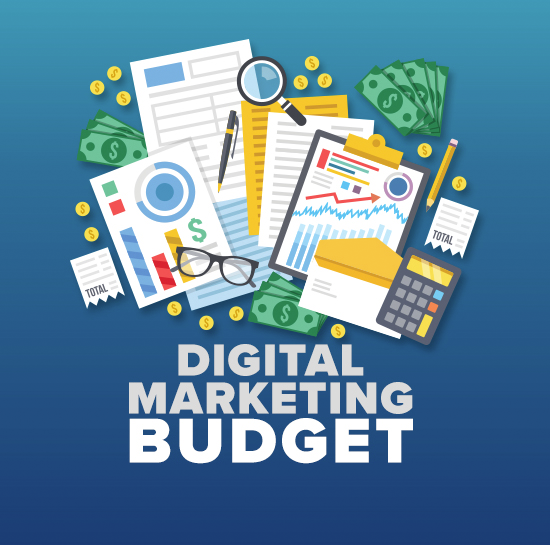
Thinking about starting a Google ads campaign? Great! Deciding on a budget that will move the needle and make a significant impact on your business is a critical step.
Paid search ads are a powerful way to position your business’ messaging at the top of Google’s Search Engine Results Page (SERP) to share valuable key differentiators and strong call-to-actions. These steps help to drive conversions and increase website traffic. Because you’re paying every time a user clicks on your ad, it’s important to make sure your campaigns have enough budget to stay live for at least 65% of the day, particularly during peak hours. Here’s how you figure out what that magic number is.
First, start by making a list of the top searched keywords for your business from your perspective. Since you know your business well, you can likely put together at least 20-30 words/phrases on your own you think potential visitors would be searching for. Jot down the various terms and phrases you’ve searched.
From there, Google’s keyword planner can forecast performance and spend based on those terms for the next 30 days. It can also make suggestions for other keywords relevant to your business that users are searching for. Once you’ve nailed down your starting keyword list, add that back into the keyword planner to produce a budget estimate. Keep in mind, the average cost-per-click (CPC) can vary so this is truly only a ballpark.
Add 10-15% to that number to give yourself an extra cushion in your budget. Or, to reduce your budget, take away keywords with a high CPC so you don’t have to spend as much. If you want to limit the hours your ads show on Google, typically to save money, take your final number and multiply by .65 to .70 to produce a budget that will have ads showing 65% to 70% of the time.
Ideally, you’d want to start with at least $500/mo on Google Ads to make an impact. Some industries, like law or medicine, should have a starting point of $1000/mo since the competition is high. Again, this is where Google’s keyword planner can help guide you.
The best part about Google Ads advertising is that the budget can be adjusted by day, so it’s easy to raise the budget when you notice great results or lower the budget if you need to scale back temporarily.
Do your homework, decide on what budget you’re comfortable starting with, and continue to evaluate your budget as conversions come in.